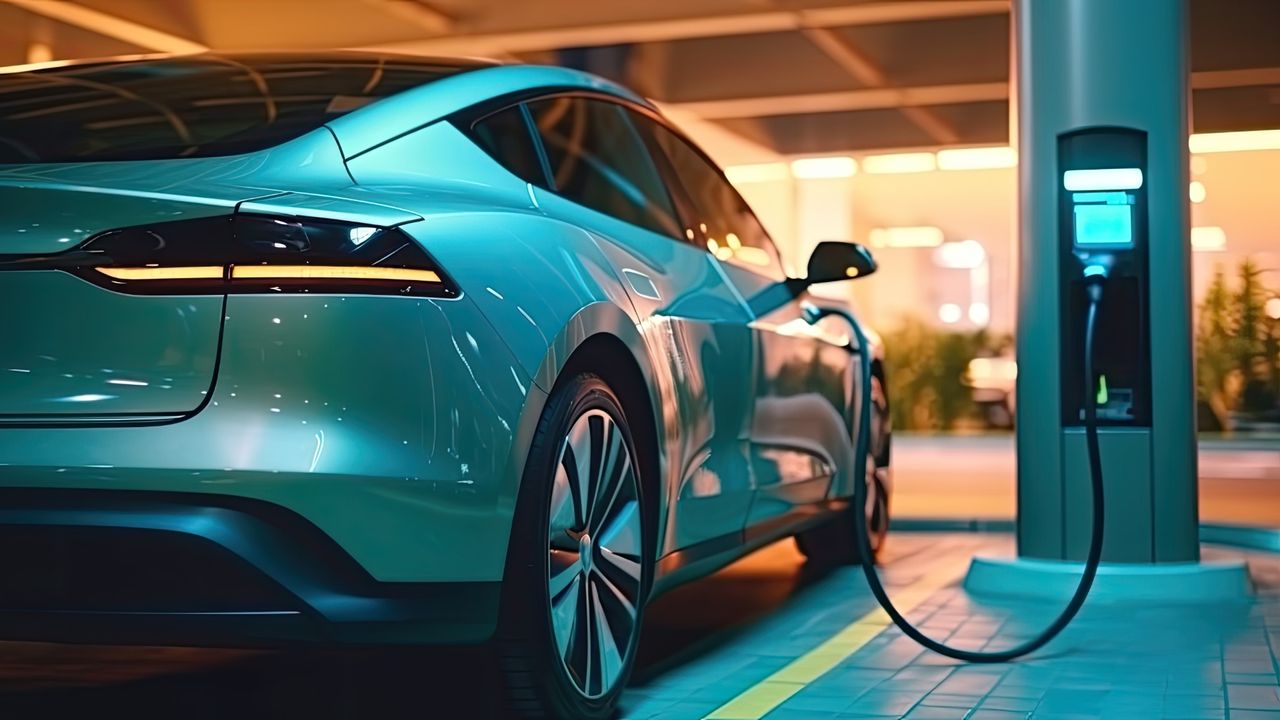Electric Vehicle Adoption Rates and Trends: The Impact of Policies on the Growth of EVs
Electric vehicles (EVs) have gained significant traction in recent years, with more and more people opting for greener and sustainable modes of transportation. The adoption rates of electric vehicles have been steadily increasing, thanks to various factors, including government policies aimed at promoting EVs and reducing carbon emissions. In this article, we will explore the impact of policies on electric vehicle sales and the current trends in the growth of EVs.
Policy Impact on Electric Vehicle Sales
Government policies play a crucial role in driving the adoption of electric vehicles. Many countries have implemented incentives and regulations to encourage consumers to switch from traditional gasoline-powered vehicles to electric ones. These policies include tax credits, rebates, subsidies, and grants, making EVs more affordable and attractive to potential buyers.
For instance, in the United States, the federal government offers a tax credit of up to $7,500 for the purchase of electric vehicles. Additionally, several states provide additional incentives, such as rebates and HOV lane access, to further promote EV adoption. These policies have significantly contributed to the growth of electric vehicle sales in the country.
Similarly, countries like Norway and the Netherlands have implemented aggressive policies to promote electric vehicles. Norway, for example, offers generous incentives, including exemption from import taxes and tolls, free parking, and access to bus lanes, making EVs highly desirable. As a result, Norway has one of the highest electric vehicle adoption rates in the world.
Growth of Electric Vehicles
The growth of electric vehicles has been remarkable in recent years. According to the International Energy Agency (IEA), global electric car sales surpassed 2.1 million in 2019, representing a 40% increase compared to the previous year. This growth can be attributed to several factors, including advancements in battery technology, increased charging infrastructure, and the aforementioned supportive policies.
Advancements in battery technology have significantly improved the range and performance of electric vehicles, addressing one of the primary concerns of potential buyers. With longer ranges and faster charging times, EVs have become more practical and convenient for everyday use. As a result, consumers are more willing to switch to electric vehicles, leading to increased sales.
Furthermore, the expansion of charging infrastructure has played a vital role in the growth of electric vehicles. Governments and private companies have been investing in the development of charging stations, making it easier for EV owners to charge their vehicles. The availability of charging infrastructure has alleviated range anxiety and provided consumers with the confidence to make the switch to electric vehicles.
Current Trends in Electric Vehicle Adoption
The current trends in electric vehicle adoption indicate a promising future for EVs. Several major automakers have announced plans to transition to electric vehicles entirely in the coming years. This commitment from the industry further reinforces the shift towards sustainable transportation.
Moreover, the COVID-19 pandemic has highlighted the importance of reducing air pollution and the need for cleaner modes of transportation. As a result, many governments are prioritizing the promotion of electric vehicles as part of their recovery plans. This renewed focus on sustainability is expected to accelerate the adoption rates of electric vehicles in the post-pandemic era.
In conclusion, the growth of electric vehicles can be attributed to the impact of policies aimed at promoting EV adoption and reducing carbon emissions. Government incentives, combined with advancements in battery technology and the expansion of charging infrastructure, have made electric vehicles more appealing and practical for consumers. The current trends indicate a promising future for electric vehicles, with major automakers committing to the transition and governments prioritizing sustainability. As we move towards a greener and more sustainable future, electric vehicles will play a crucial role in reducing our carbon footprint and creating a cleaner environment for generations to come.
